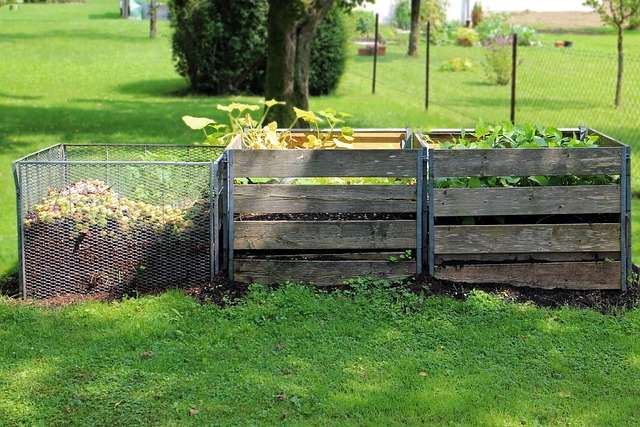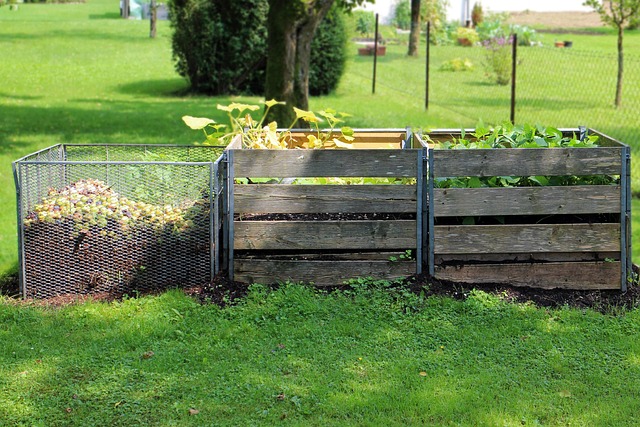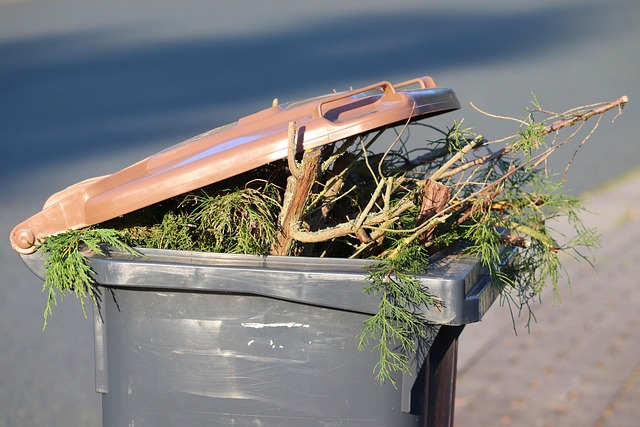Gardening is more than just a hobby; it is a way to connect with nature and nurture the environment. One of the most effective and eco-friendly practices you can adopt in your garden is the use of garden compost. By recycling organic waste, you can create rich, nutritious soil that benefits your plants while reducing your carbon footprint. Here are five green gardening tips to harness the power of garden compost and cultivate a greener space.
1. Start a Compost Bin
Creating a compost bin is the first step toward sustainable gardening. You can either purchase a compost bin or make one from recycled materials like wooden pallets or old trash cans. Ensure your compost bin is positioned in a well-drained area where it’ll be exposed to some sunlight and can be easily accessed. Adding kitchen scraps, yard waste, and even shredded paper will help speed up the composting process.
2. Balance Your Ingredients
To create nutrient-rich garden compost, it is essential to maintain a balance between ‘green’ and ‘brown’ materials. Greens, such as vegetable scraps and grass clippings, provide nitrogen, while browns, such as dried leaves and cardboard, contribute carbon. Aim for a ratio of about 3:1 of browns to greens to ensure a well-rounded compost that supports plant growth.
3. Aerate Your Compost
Aeration is key in the composting process. By turning your compost pile regularly, you introduce oxygen, which accelerates decomposition. This process not only breaks down materials faster but also helps prevent unpleasant odors. Use a pitchfork or compost tumbler to mix the contents every few weeks for best results.
4. Use Compost to Enrich Your Soil
Once your garden compost has matured—generally in three to six months—you can use it to enrich your garden soil. Mix the compost into the top few inches of soil where you intend to plant. This enriches the soil with nutrients, enhances moisture retention, and promotes healthy root development, leading to thriving plants.
5. Compost for a Sustainable Future
Using garden compost is not only beneficial for your plants but also for the planet. Every time you compost, you’re reducing waste that would otherwise end up in landfills and releasing toxic emissions. By choosing to compost, you’re contributing to a greener future—one seedling at a time. Join the movement toward sustainable gardening and feel the joy of nurturing a garden that respects and reciprocates nature’s gifts.



